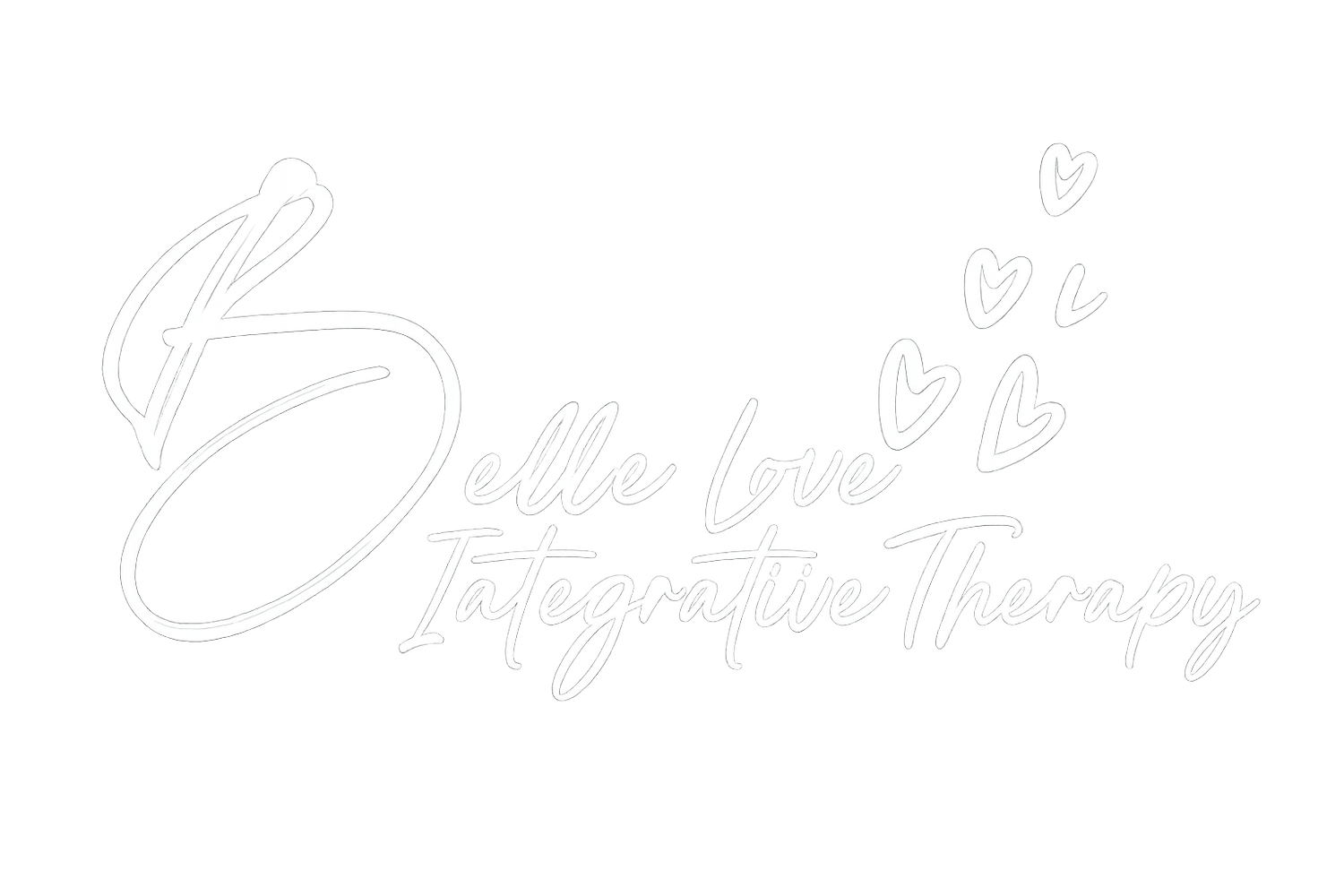Part 1: How to Find a Poly-Affirming or ENM-Friendly Therapist
Why Poly-Affirming or ENM-Friendly Therapy Matters
Research consistently shows that ethically non-monogamous (ENM) clients often face bias in healthcare and mental health settings. Moreover, non-monogamy is frequently viewed as pathological, framed as a symptom of other issues, or treated as a problem to be “fixed,” which can lead providers to implicitly or explicitly promote monogamy as the ideal. Many polyamorous and non-monogamous clients report being misunderstood, pressured to conform to monogamous norms, or met with moral judgment from therapists and medical providers.
Because of this anticipated stigma, many people choose not to share their relationship structures in medical or therapeutic contexts. This can result in essential details being left out of conversations, which may limit the quality of care they receive. This pattern mirrors broader health disparities experienced by other sexual minorities and highlights the urgent need for better training and affirming practices when working with relationship-diverse populations.
I have experienced this bias myself, sitting across from professionals who could not separate my relationship structure from the idea of dysfunction, meaning they assumed it was inherently unhealthy. That experience led me to want to offer something different, therapy where you don’t have to defend who you are before you can begin to work toward your goals. A poly-affirming therapist accepts your relationship model as valid from the start. This can create the freedom to focus on what matters to you, whether that is building communication skills, navigating boundaries, processing conflict, or deepening self-connection.
In my practice at Belle Love Integrative Therapy, I work with individuals, couples, and multipartner relationships within diverse structures, including solo poly, hierarchical and non-hierarchical polyamory, and open relationships, as well as those adhering to traditional monogamy. No matter what your relationship archetype, my approach is guided by years of research, training, and lived experience culminating in what I have coined the REACH framework, which stands for Respect, Evolution, Autonomy, Communication, and Honesty. In brief, this framework offers a foundation for cultivating deeper self-awareness, navigating complex relationships, and forming meaningful connections that reflect your authentic values.
How to Find a Poly-Affirming Therapist Who Truly Gets You
Step 1 – Look for Explicit Inclusivity in Your Therapist Search
Check the therapist’s website or profile for direct mentions of polyamory, ENM, or CNM. Explicit inclusivity can be a sign that your relationship model will be treated respectfully.
Step 2 – Seek Lived Experience or Deep Understanding
While not required, therapists connected to or educated about ENM communities may have a more natural understanding of the language, dynamics, and realities of polyamorous life.
Step 3 – Listen to Their Language
A poly-affirming therapist is likely to speak with curiousity, openness, and respect, rather than with pathologizing or clinical detachment.
Step 4 – Ask Key Consultation Questions
Questions such as “Have you worked with ENM clients before?” or “How do you navigate differing values in multipartner therapy?” can help you assess their level of comfort and knowledge.
Step 5 – Notice Red Flags
Be mindful of therapists who avoid the topic, steer you toward monogamy, or show discomfort with ENM terminology. These can be signs that they may not be the best fit for your needs.
Why This Matters for Your Healing
Finding the right therapist is not only about compatibility. It is also about feeling safe, affirmed, and understood so that you can focus your energy on self-exploration and growth.
→ Next: Read Part 2: Shadow Work for People Living Beyond the Norm to learn how integrating your shadow self can help you live and love with greater authenticity.
FAQs: Poly-Affirming Therapy
Q1: What is a poly-affirming therapist?
A poly-affirming therapist is a mental health professional who recognizes polyamory and other ENM relationship styles as valid. They provide support without judgment, pathologizing, or steering clients toward monogamy unless the client chooses that path themselves.
Q2: Why is poly-affirming therapy necessary?
Poly-affirming therapy can help clients focus on the issues they want to address rather than defending their relationship structure. It creates a safe space to work on communication, boundaries, conflict resolution, and self-growth.
Q3: How do I know if a therapist is poly-friendly?
Look for explicit mentions of polyamory, ENM, or CNM on their website or profile. You can also ask direct consultation questions about their experience with polyamorous clients and their understanding of ENM values.
Q4: What are red flags when seeking a poly-affirming therapist?
Red flags can include avoiding conversations about your relationship structure, steering you toward monogamy, showing discomfort with ENM terminology, or assuming your relationship style is unhealthy.
May your path toward healing be filled with clarity and compassion.
If this speaks to you, I would be grateful for the opportunity to support and walk alongside you as your therapist.
Warm regards,
Belle Love

